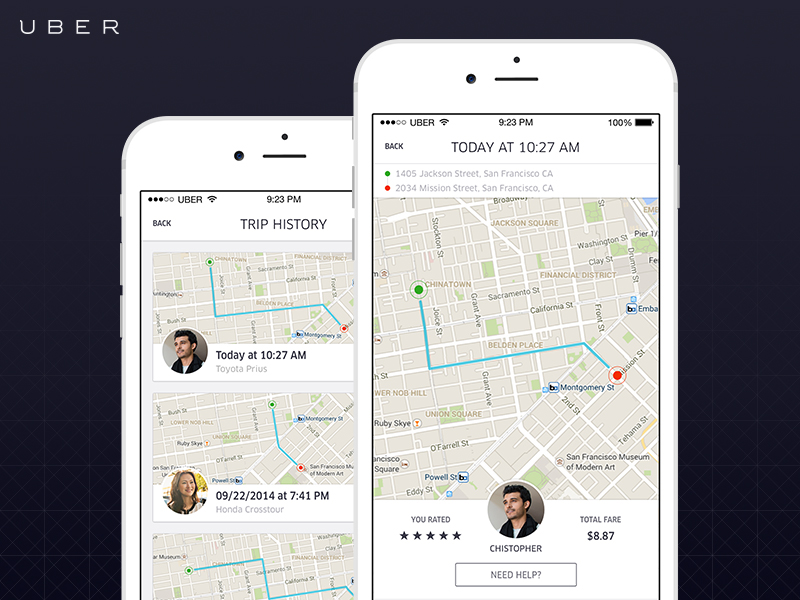The San Fransisco-based company already has mapping vehicles recording geographical data around the U.S. and Mexico. With Uber's presence in over 60 countries, the significant expansion reflects its continuing growth and adds to its existing investment in original research like driverless cars.

Last year, it hired world-leading digital mapping expert Brian McClendon, who previously ran Google Maps and was one of the creators of Google Earth.
McClendon will be responsible for the mapping project, and recently commented on the plans in a blog post without mentioning the $500 million figure:
The ongoing need for maps tailored to the Uber experience is why we're doubling down on our investment in mapping. Our efforts are similar to what other companies including Apple and TomTom are already doing around the world.Address data in Google Maps is typically less accurate in developing countries, resulting in some Uber drivers having to call passengers to ask for their location before a pick-up. Uber hopes to nix these problems and feed the traffic pattern and location data already gathered by its cars into its own mapping system, thereby also avoiding charges for using Google Maps.
The street imagery captured by our mapping cars will help us improve core elements of the Uber experience, like ideal pick-up and drop-off points and the best routes for riders and drivers.
News of Uber's multi-million-dollar mapping investment was partially eclipsed by reports over the weekend that Chinese ride-hailing service Didi Chuxing is to acquire its Chinese operations in a $35 billion deal.
Apple's own $1 billion investment in Didi Chuxing back in May gave the Cupertino company access to data and expertise on electric and autonomous car technology, which is likely to help with its own car-related project, dubbed Project Titan, now led by veteran Apple executive Bob Mansfield.
Discuss this article in our forums




